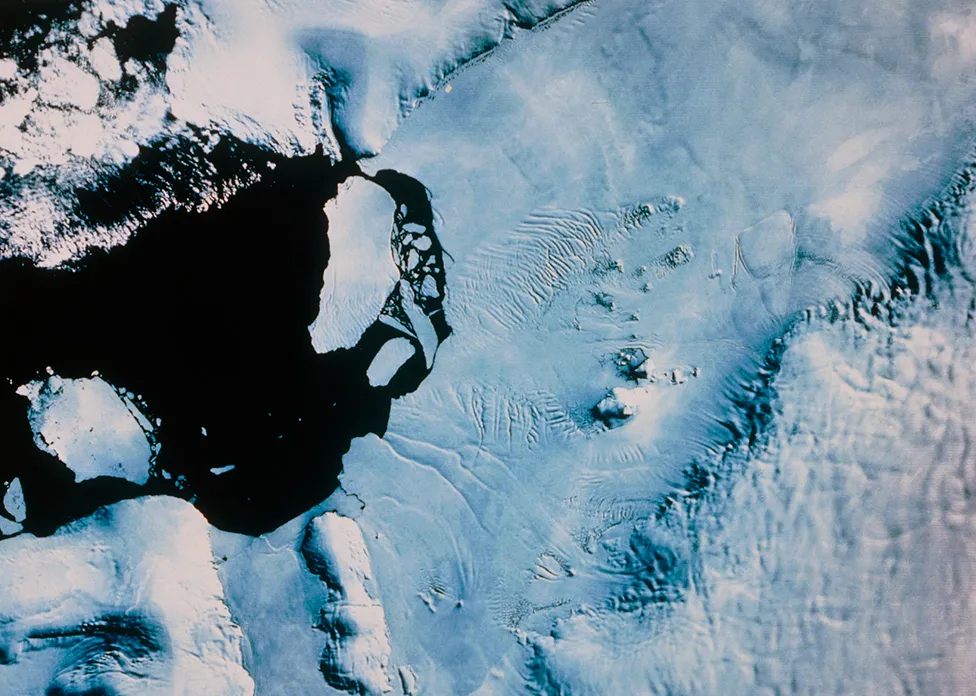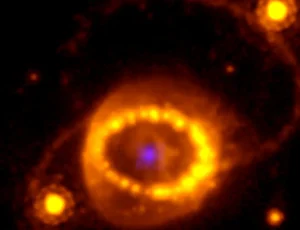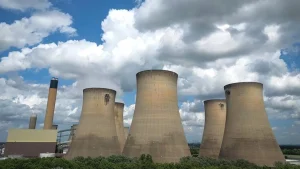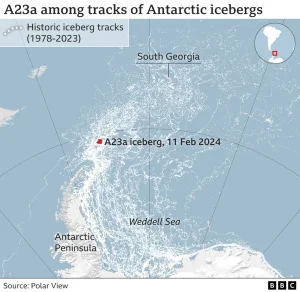Antarctic Ice Chronicles
1 min read
Ice bumps reveal history of Antarctic melting
Scientists have discovered that ‘ice bumps’ in Antarctica can provide valuable insights into the history of melting in the region. These ice bumps, also known as “pingos,” are dome-shaped structures that form when ice bubbles trapped beneath the surface of a glacier rise to the top due to melting. By studying the size and distribution of these ice bumps, researchers can deduce the rate at which glaciers have melted in the past.
The findings are significant as they can help scientists better understand the impact of climate change on Antarctica and the wider implications for global sea level rise. With temperatures rising at an alarming rate, the Antarctic ice sheet is melting faster than ever before, leading to rising sea levels and potentially catastrophic consequences for coastal communities around the world.
By studying ice bumps, researchers can not only track the history of Antarctic melting but also predict future sea level rise more accurately. This knowledge is crucial for policymakers and governments to take action to mitigate the effects of climate change and protect our planet for future generations.





